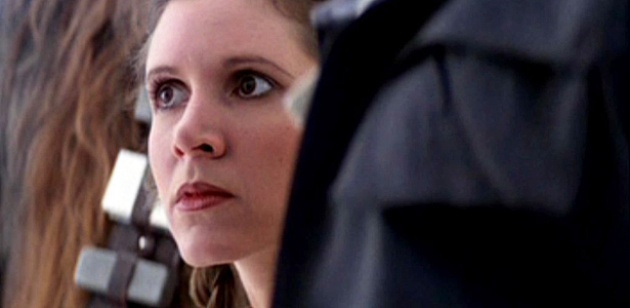by Jasmine Davis
A recent article in The Atlantic urges directors and filmmakers to “start imagining differently” when it comes to gender roles and female empowerment. The article explains why more womens’ stories are needed in science fiction, and includes a long explanation of why “Star Wars” doesn’t include many women.

Author Noah Berlatsky points out that science fiction has a rich history of questioning gender roles. Authors like Ursula K. LeGuin and Octavia Butler have written entire series of novels with interesting gender twists. There is even a graphic novel series that explores what would happen in a world where men disappear. However, Berlatsky points out that “Star Wars” doesn’t include women, even though there’s no logical reason for this. According to Berlatsky:
“There seems reason to believe, then, that sci-fi film's lack of creativity when it comes to gender is more about its own preconceptions than about some inevitable logic of the market. And those preconceptions are often circular: Sci-fi is for guys because guys like sci-fi because sci-fi is for guys. To break that cycle, I think you need not just casting changes, but a broader conception of science-fiction. Adding more female characters to Star Wars would certainly be great, and I'm all for it. But I'm also for different kinds of stories.”
How to get these kinds of stories and how to empower women seem to be inextricably tied together. In order to tell different kinds of stories, Hollywood film makers need to include diverse groups of people in the filmmaking process. Adding a strategic partnership agreement with women filmmakers or other groups of people would shake up the status quo and bring more interesting female empowerment stories to the big screen.
One way filmmakers can recruit more diverse people is to look in other countries. Afghani women, for example, have unique stories to tell. While programs like the Afghan Development Project are helping to empower women in Afghanistan, more widespread acceptance could help different stories to be told. Giving women in Afghanistan an education in filmmaking helps them achieve female empowerment while also bringing new perspectives to movies.



